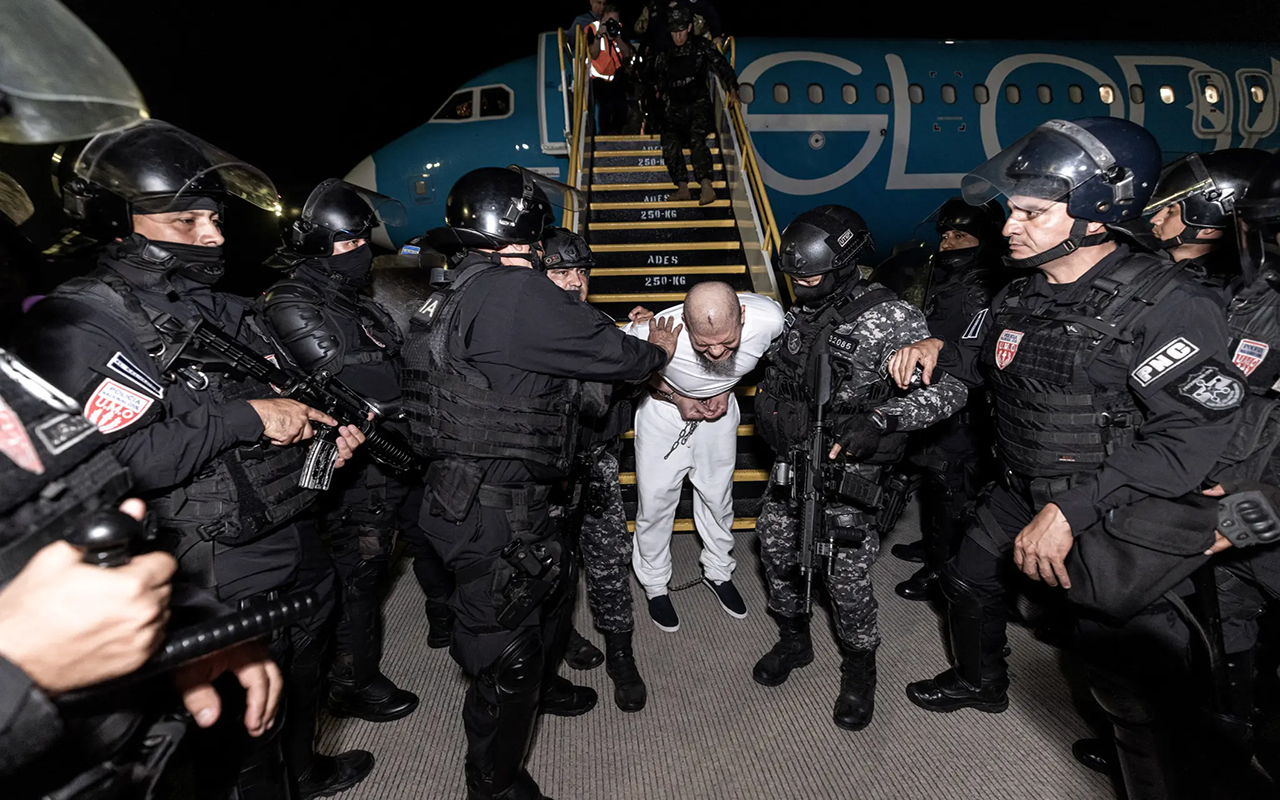
How Bernie Sanders is flipping his 2016 script with Latino voters in 2020
And how things look for today’s New Hampshire primary.
It was a virtual tie in Iowa between South Bend mayor Pete Buttigieg and Vermont senator Bernie Sanders. Despite Buttigieg claiming victory by a percentage point, both candidates took 11 delegates each to lead the pack of Democratic presidential hopefuls.
The former South Bend mayor spent heavy in the fourth quarter heading into Iowa and looks to have taken a significant chunk of Vice President Joe Biden’s support in his path to the slimmest of victories in a caucus marred by errors.
However, Sanders’ path to 11 delegates was likely aided by the 180 his campaign’s pulling in its approach towards engaging voters of color.
In 2016, Sanders’ message caught fire on the backs of a predominantly white, young and progressive audience, but he still polled well behind Hillary Clinton among black and Latino communities.
For example, in Texas, where the electorate for the Democratic primary was majority Latino in 2016, Sanders polled behind Clinton in the community two to one, according to exit polls gathered by The New York Times.
Latinos are expected to again make up the majority of the Texas Democratic electorate in 2020, and across the country, are estimated to constitute 32 million eligible voters to be the largest nonwhite minority voting bloc in the country.
And Sanders’ campaign has put in the work so far to get engaged.
In addition to hiring a more diverse campaign staff, he has also more openly discussed issues that strike the heart of Latino voters, like economic equality and racial justice.
In Iowa, his campaign also made significant efforts to distribute its literature in Spanish to Spanish-speaking households in the state and Sanders was also the only Democratic top-tier presidential candidate to appear at an October presidential town hall hosted by the League of United Latin American Citizens (LULAC).
He also has Latina juggernaut Alexandria Ocasio-Cortez to vouch for him wherever she can within the community.
And it paid off.
RELATED CONTENT
According to an analysis done by The Hill’s Rafael Bernal, Sanders cleaned up the other candidates when it came to the Latino vote.
In Iowa’s 12 Hispanic-majority caucuses, Sanders got more than 66% of the raw vote. The next highest percentage was Biden, with close to 11% of the vote.
Of those 12 caucus sites, four were Spanish-speaking only, and he won 428 votes there compared to 14 split between the remaining candidates.
Now, the 12 Hispanic-majority precincts sat in a sea of more than 1,700 sites in the state and across the country at various satellite locations, but the Latino population gets more numerous and meaningful in states like the previously mentioned Texas and California.
Both represent significant numbers of delegates and will be decided on Super Tuesday.
In New Hampshire, Latinos again represent a small percentage of the population like in Iowa, but they’ll play more of a role at the next caucus in Nevada — where the Latino population is just under 30%.
Despite the lack of Latinos for him to connect with in New Hampshire, Sanders is still the favorite in most polls thanks to his victory there in 2016. He is followed by Buttigieg and Sen. Amy Klobuchar, who just edges out Sen. Elizabeth Warren and Joe Biden for third.
In the end, he had just enough to edge out Buttigieg, but like Iowa, still left with the same amount of delegates at nine. The only other candidate to win any delegates was third-place Klobuchar, who won six. Warren and Biden finished in a distant fourth and fifth respectively and entrepreneur Andrew Yang officially ended his campaign after a second poor showing in the Granite state.










LEAVE A COMMENT: